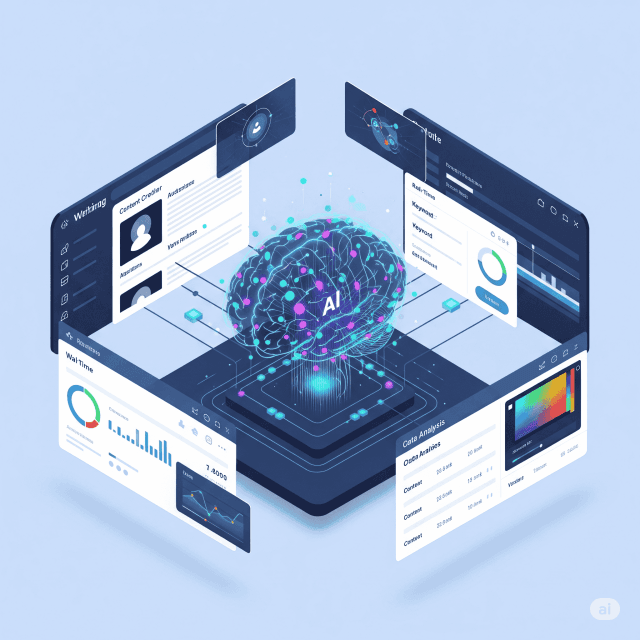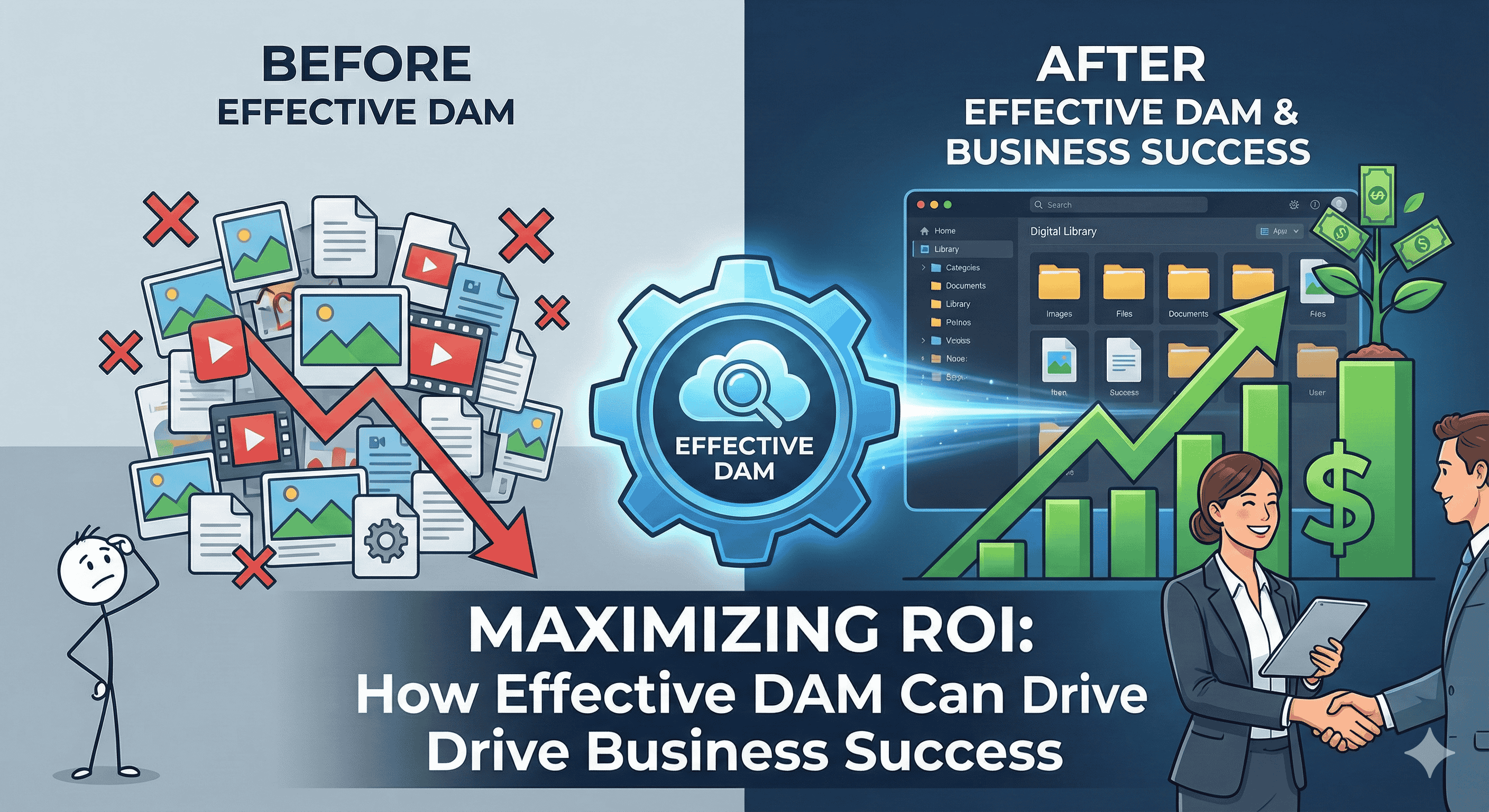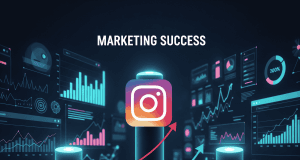Harnessing the Power of AI in Content Marketing Platforms
In the ever-evolving landscape of digital marketing, content remains king. However, in a world saturated with information, businesses must engage their target audiences more creatively and effectively than ever. Enter artificial intelligence (AI)—a game-changing ally in content marketing. By leveraging AI technologies, marketers can enhance content creation, distribution, personalization, and performance analysis, ultimately driving better engagement and conversions.
1. Content Creation: AI-Powered Creativity
One of the most significant advantages of AI in content marketing is its ability to streamline content creation. AI tools, such as Natural Language Processing (NLP) algorithms, can analyze vast amounts of data to generate high-quality written content. For instance, AI-driven platforms like OpenAI’s ChatGPT or platforms like Copy.ai can assist in drafting blog posts, social media updates, and marketing copy with remarkable speed and efficiency.
Additionally, AI can help generate ideas by analyzing trends, keywords, and audience interests. Marketers can input specific parameters, such as target demographics and industry focus, and receive suggestions for relevant topics and content formats. This not only saves time but also ensures that the content resonates with the audience.
2. Enhanced Personalization
Personalization is key to building strong customer relationships, and AI takes it to the next level. By analyzing user behavior, preferences, and interactions, AI can help create personalized content recommendations. Machine learning algorithms can segment audiences based on demographics, past interactions, and even predicted future behavior.
For instance, platforms like HubSpot and Marketo leverage AI to recommend personalized blog posts, email content, or product suggestions based on individual user profiles. By delivering tailored content, businesses can increase engagement rates and build loyalty, as customers are more likely to interact with content that speaks directly to their interests.
3. Optimizing Content Distribution
Creating great content is just the first step; getting it in front of the right audience is crucial. AI can optimize content distribution strategies by analyzing various metrics and identifying the best platforms and times for sharing. Tools like Buffer and Hootsuite utilize AI algorithms to analyze when a specific target audience is most active online, allowing marketers to schedule posts for maximum visibility.
Moreover, AI can automate the sharing process, posting content across various channels in a coordinated manner, thus saving time and ensuring consistency in messaging.
4. Performance Analysis and Insights
AI excels in data analysis, providing invaluable insights into content performance. By using AI-powered analytics tools, marketers can track metrics such as engagement, clicks, shares, and conversion rates with greater precision. These tools can identify trends and patterns that human analysts might overlook, enabling marketers to refine their strategies in real time.
For instance, platforms like Google Analytics employ machine learning to deliver predictive insights, allowing marketers to forecast future performance and make data-driven decisions to enhance their content strategy.
5. Chatbots and Customer Interaction
AI-powered chatbots have revolutionized customer service and interaction. By integrating chatbots into content marketing strategies, businesses can provide real-time assistance and personalized experiences for users. Chatbots can answer questions, recommend content, and guide users through the sales funnel, making them a powerful tool for engaging customers and driving conversions.
6. Ethical Considerations and Challenges
While the advantages of AI in content marketing are clear, it is essential to navigate ethical considerations. Issues concerning data privacy, algorithmic bias, and the authenticity of AI-generated content should be addressed. Businesses must ensure that their use of AI aligns with ethical marketing practices and respects their audience’s privacy and preferences.
Conclusion
The integration of AI into content marketing platforms is no longer a futuristic concept; it is a present-day reality that offers marketers unprecedented opportunities for creativity and engagement. By harnessing the power of AI, businesses can enhance their content creation processes, personalize customer experiences, optimize distribution strategies, and gain actionable insights. As technology continues to advance, those who effectively leverage AI in their content marketing strategies will be well-positioned to thrive in a crowded digital landscape. The future of content marketing lies in embracing these innovative tools, ensuring that brands remain relevant, engaging, and responsive to their audiences’ needs.









